French President Emmanuel Macron's recognition of a Palestinian state at the United Nations in September marked a significant development in the long-standing Israeli-Palestinian conflict. The move was the culmination of a lifetime's worth of work by French-Israeli peace activist Ofer Bronchtein, who played a crucial role in persuading the French president to draft the historic plan.
According to sources, Bronchtein, a 68-year-old activist, had been working tirelessly behind the scenes to bring about this moment. In late-night calls, he reportedly convinced Macron to take the bold step of recognizing a Palestinian state, a move that has sparked both praise and criticism from various quarters. "This is everything to me," Bronchtein said in an interview, reflecting on the significance of the development. "I've dedicated my life to this cause, and to see it come to fruition is truly a dream come true."
The recognition of a Palestinian state by France is seen as a major breakthrough in the quest for a two-state solution to the Israeli-Palestinian conflict. Macron's move was widely seen as a bold attempt to revive the stalled peace process, which has been stuck in a cycle of violence and stalemate for decades. The French president's decision was also seen as a significant departure from the traditional stance of European countries, which have historically been cautious in their approach to the conflict.
Bronchtein's efforts to bring about this moment were motivated by a deep sense of conviction and a desire to see an end to the suffering of the Palestinian people. As a French-Israeli, he has a unique perspective on the conflict, having witnessed firsthand the impact of the occupation on Palestinian lives. "I've seen the devastation, the displacement, and the suffering," Bronchtein said. "I've seen the impact of the occupation on Palestinian families, and I know that this is not just a conflict between two nations, but a human rights issue."
The recognition of a Palestinian state by France has been welcomed by the Palestinian leadership, who see it as a major victory in their quest for statehood. However, the move has also been met with criticism from some quarters, including Israeli officials, who argue that it undermines the prospects for a negotiated peace. "This decision is a mistake," said an Israeli official, who spoke on condition of anonymity. "It will only embolden the Palestinians to continue their rejectionist stance and make it more difficult to achieve a negotiated peace."
As the situation continues to unfold, Bronchtein remains optimistic about the prospects for a two-state solution. "This is just the beginning," he said. "We have a long way to go, but I believe that this moment marks a turning point in the conflict. We can now build on this momentum and work towards a lasting peace that will bring an end to the suffering of the Palestinian people."
The French government has said that it will continue to work towards a negotiated peace, and that the recognition of a Palestinian state is a step towards achieving that goal. However, the road ahead will be challenging, and it remains to be seen whether the momentum generated by Macron's decision can be sustained.
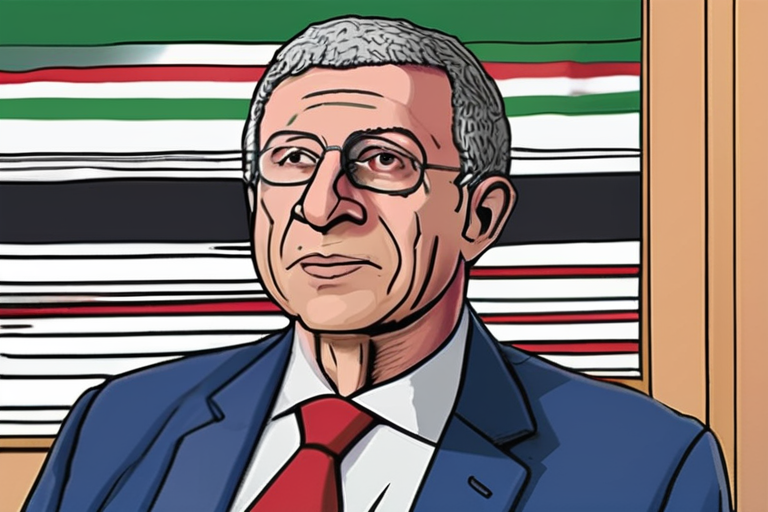


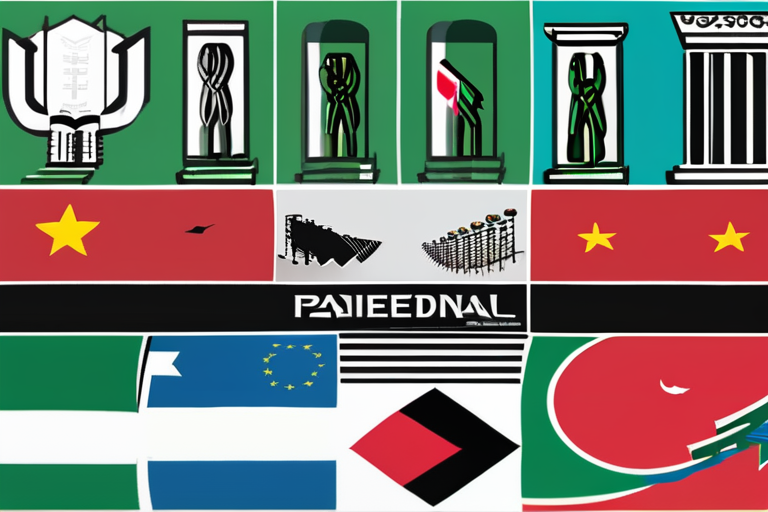
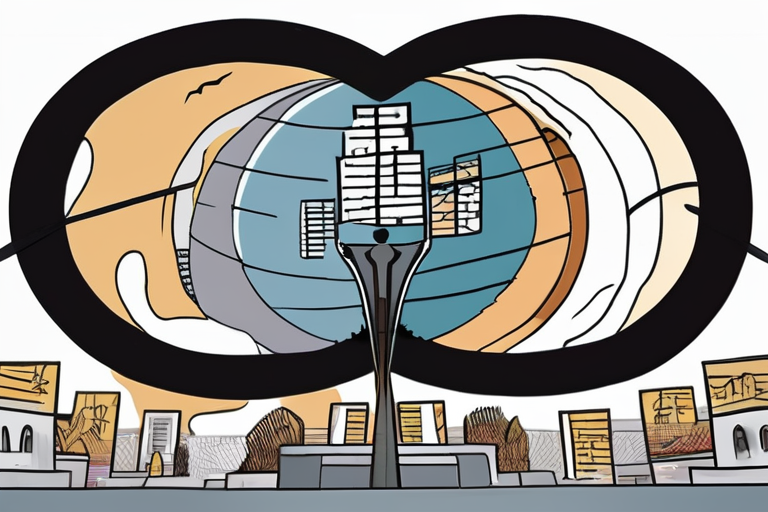
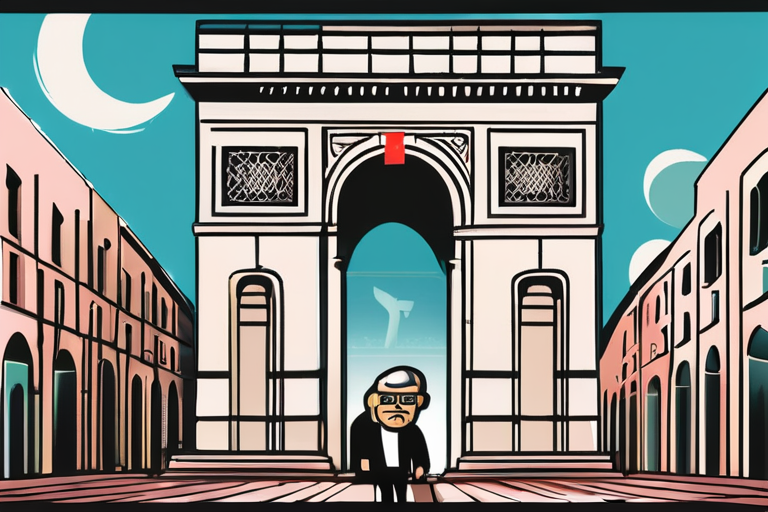
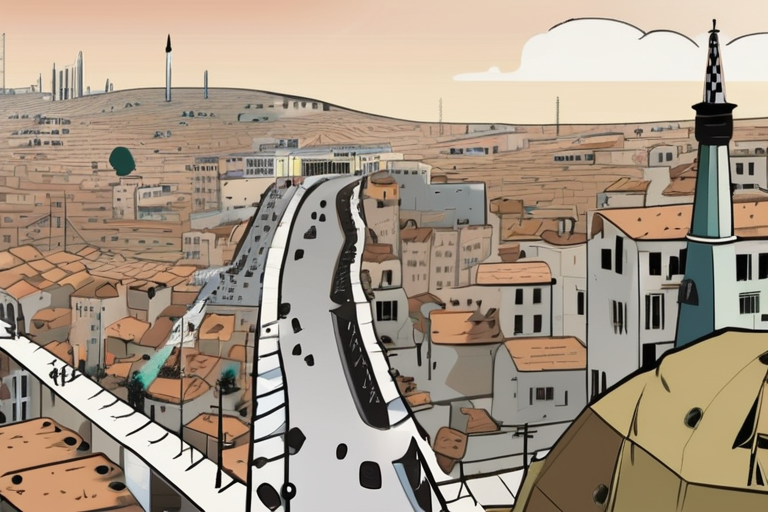
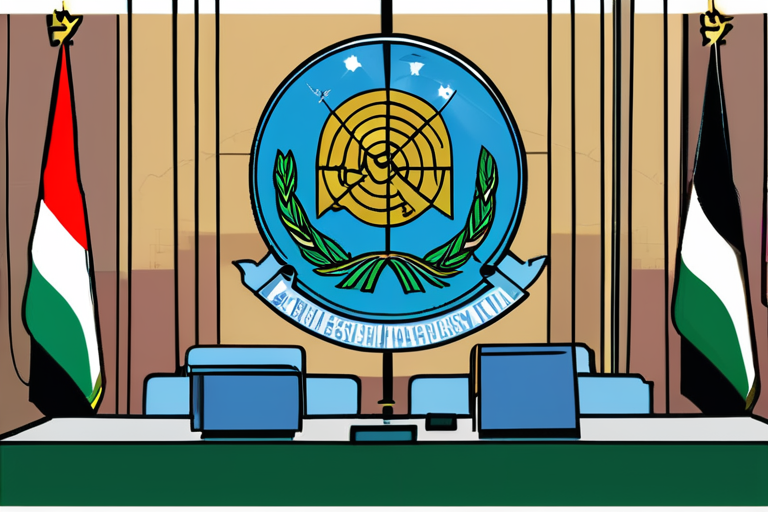
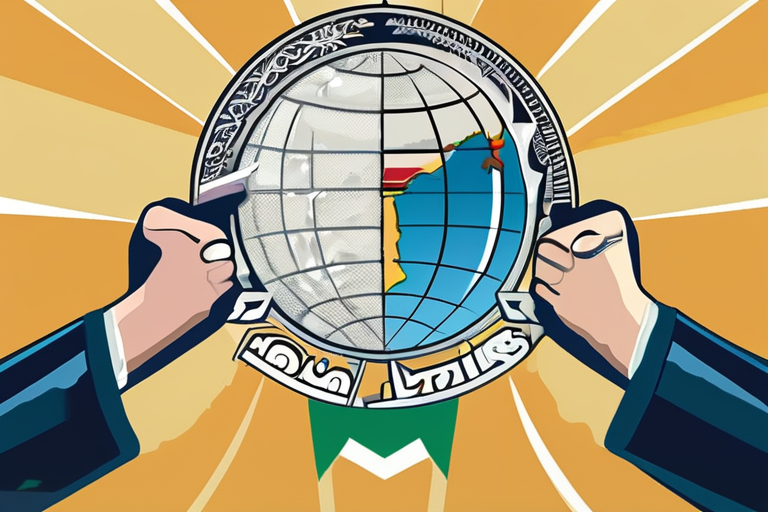
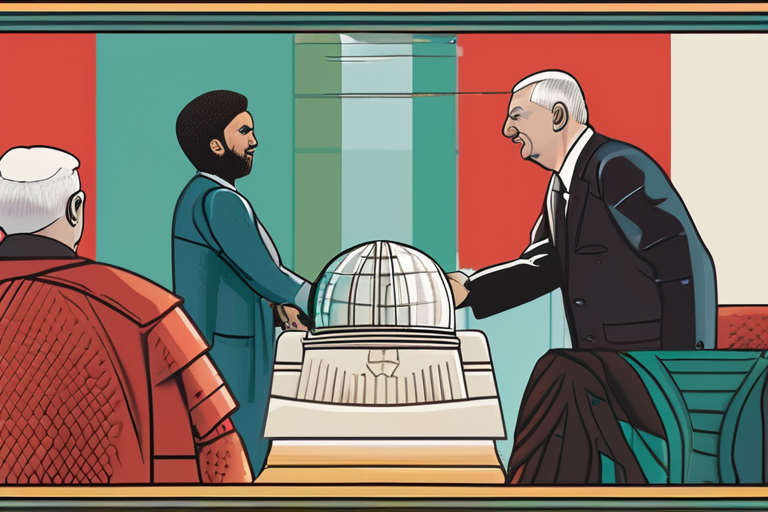
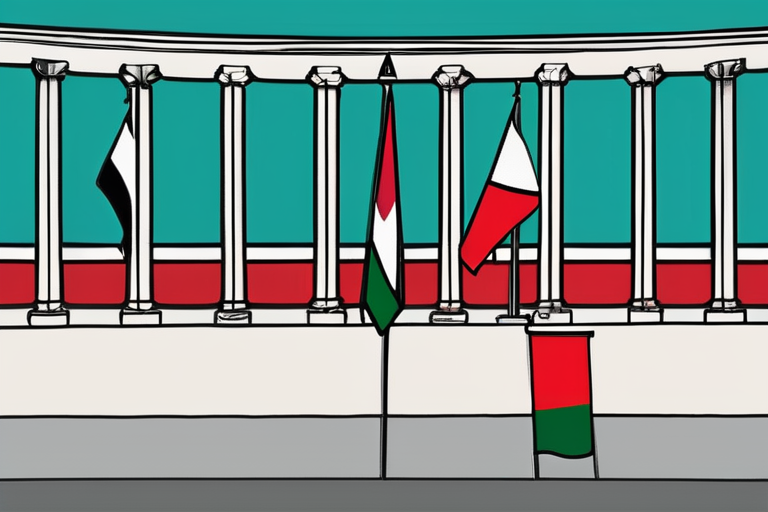

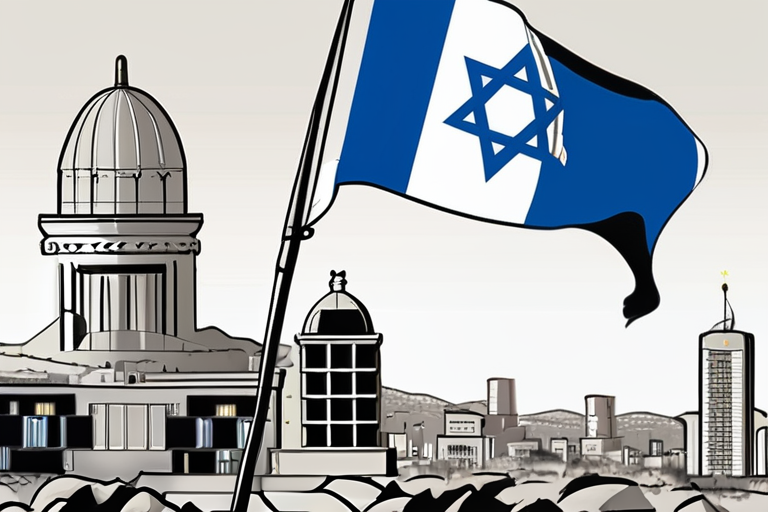

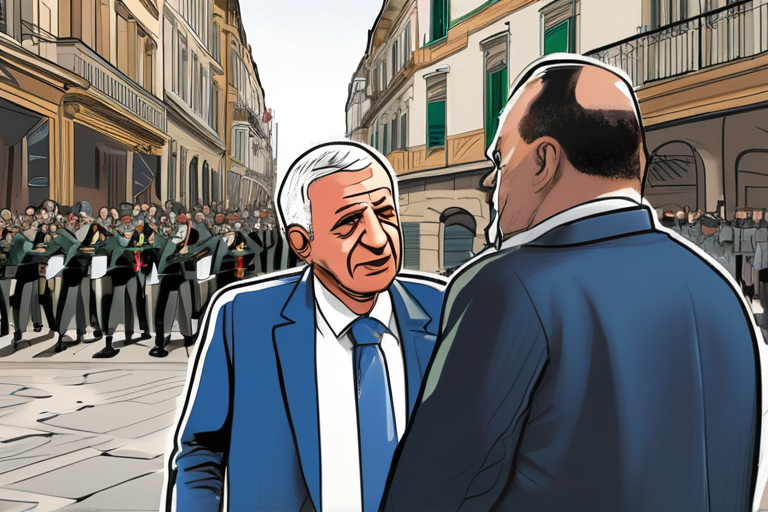
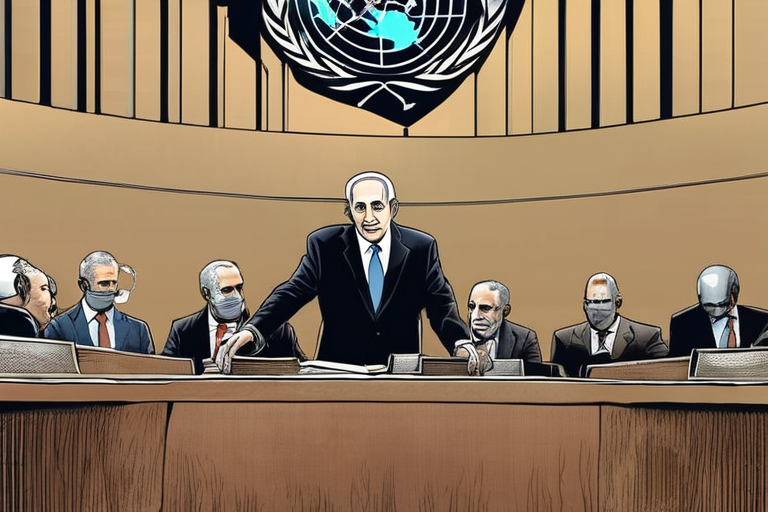
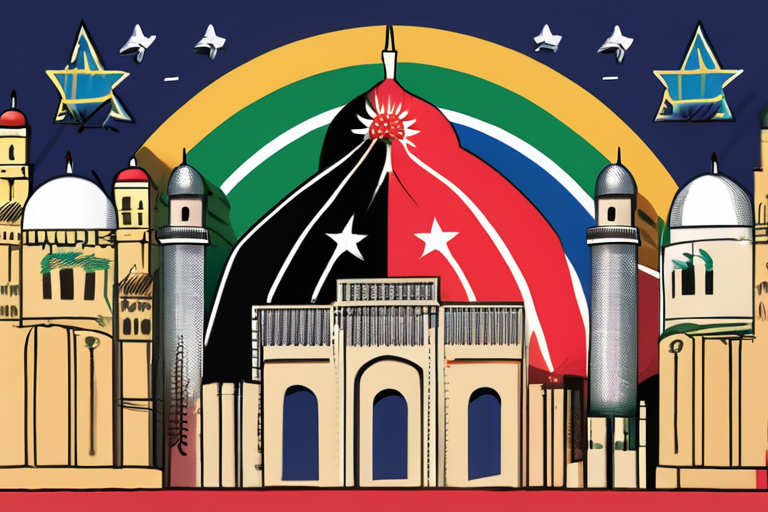
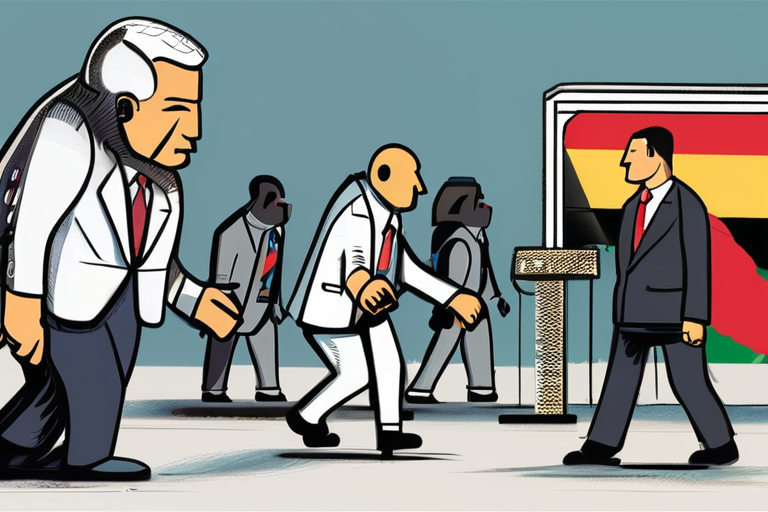
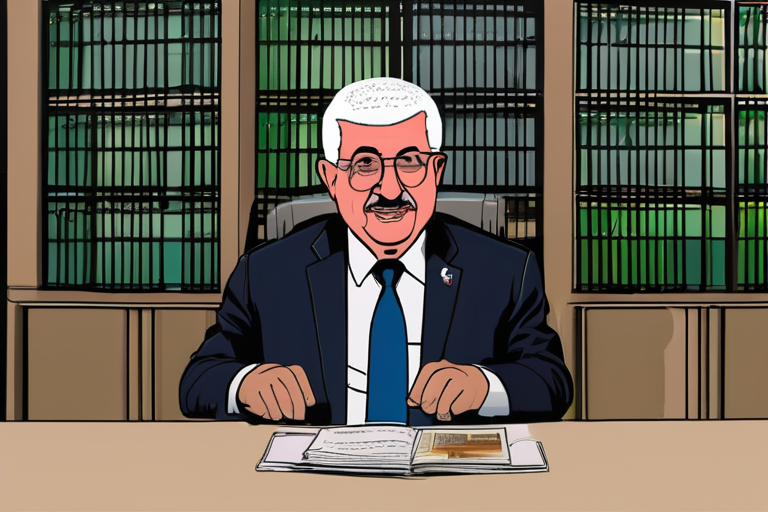
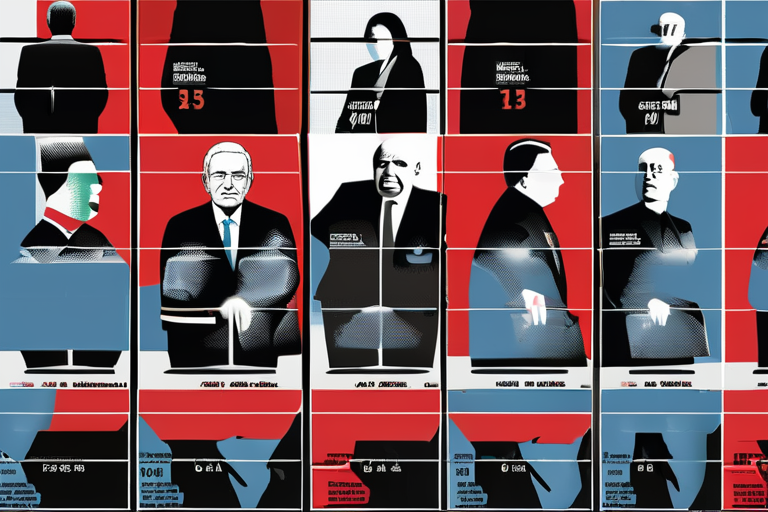
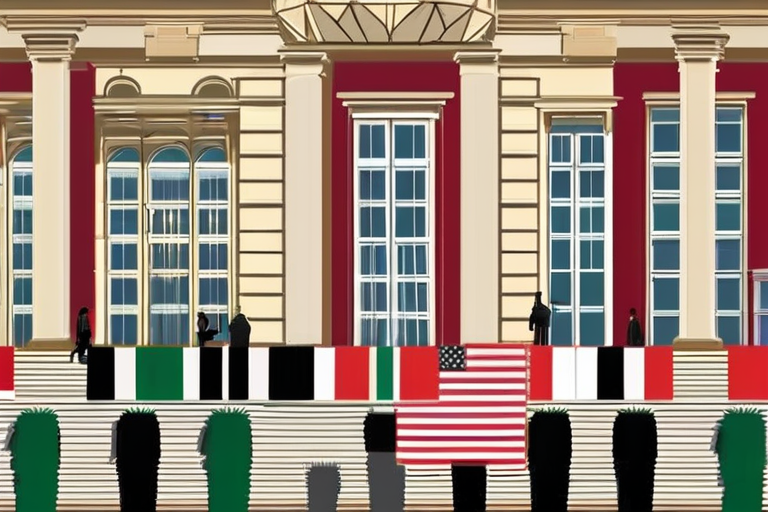
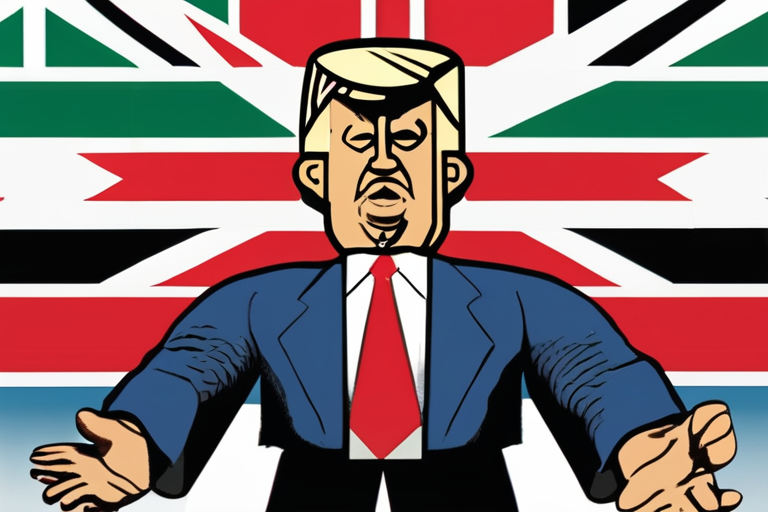
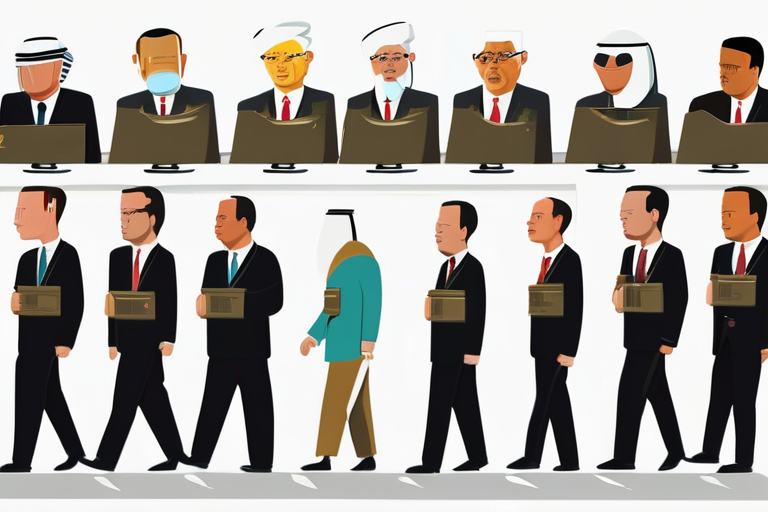
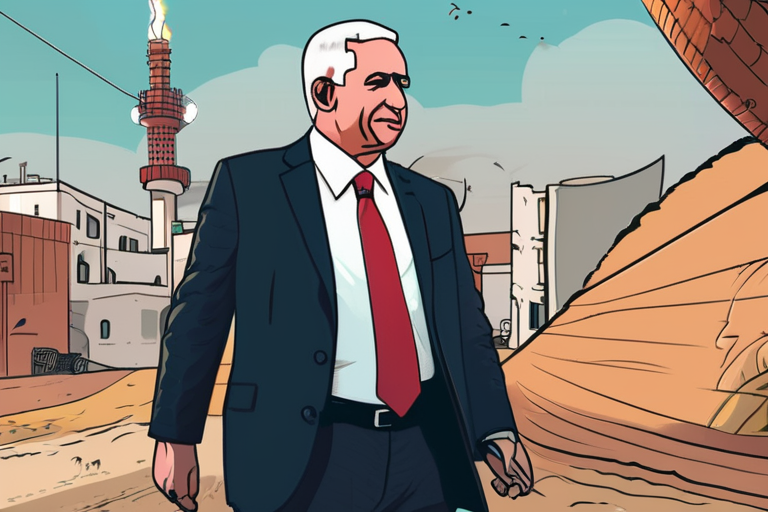
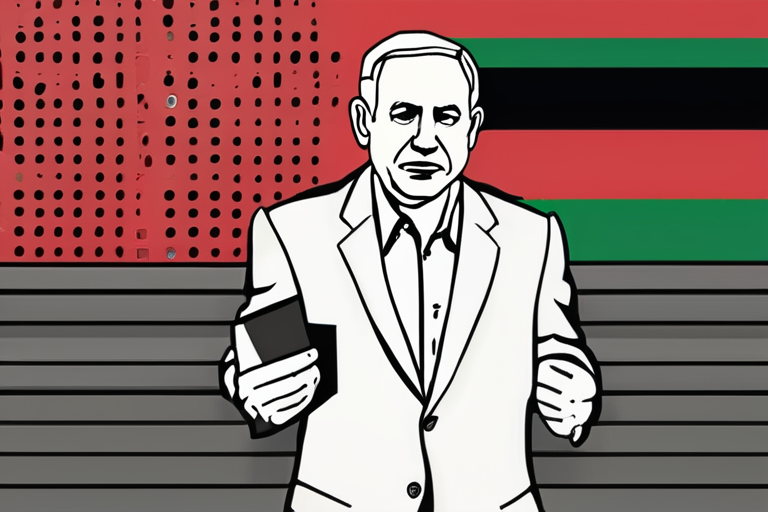


Share & Engage Share
Share this article